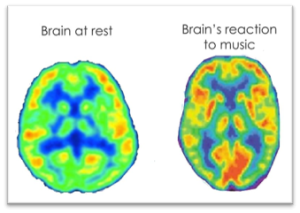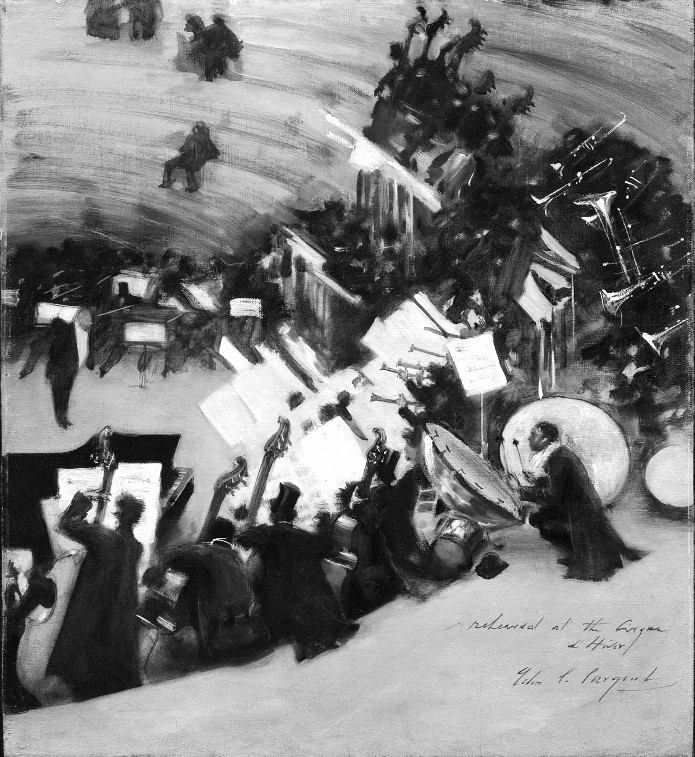Music can influence the way you perceive the world. An upbeat pop song can help you feel better after a bad day, or listening to a song with melancholy lyrics can help express your sadness. Music can also help you think rationally about your decisions and behaviors.
By enhancing functional abilities, lowering cognitive dissonance, and affecting mood, music can assist people in making logical decisions.
Rebekah Pierce, a writer specializing in health and education, said, “Studies have shown people tend to make faster decisions when the music they’re listening to has a fast tempo.” Conversely, listening to slower songs helps people to make more intentional and thoughtful decisions.
Music affects the mental capacity of students as well. Sophomore and choir student Akshara Ramakrishnan said, “Music lets me get away, it helps me to stop hurting and [to] let go.”
Listening to certain music can enhance productivity, focus, and mood, helping increase the odds of making better decisions and actions.
According to a study at the University of Nevada, alpha brainwaves, which have frequencies between eight and 14 hertz or cycles per second, can be produced when the brain synchronizes with music that has a beat of about 60 beats per minute.

People experience this alpha brainwave when they are at ease. It is why people find listening to classical music, which is on average 60 to 70 beats per minute, to be relaxing and easy to listen to while working or studying.
Music helps people process major decisions, actions, and feelings. The next time you come face to face with a tough decision to make, or have conflicting feelings on an issue, give yourself time to process your emotions, and try listening to music that will help activate your mind.









